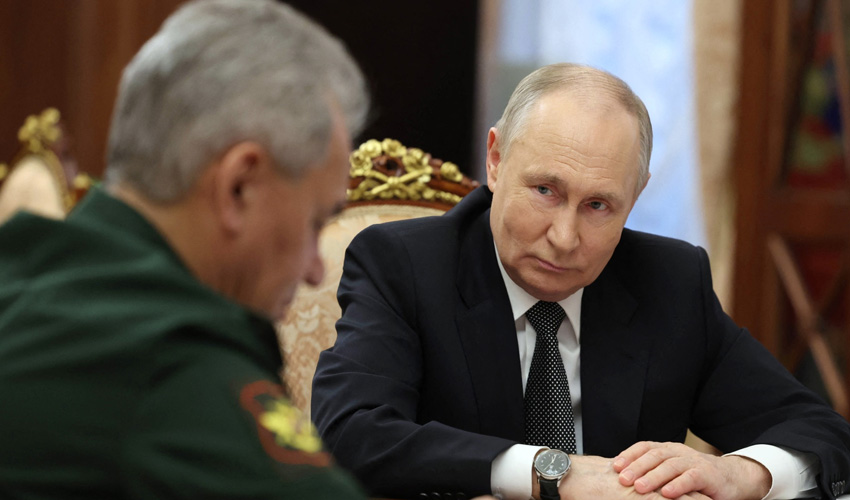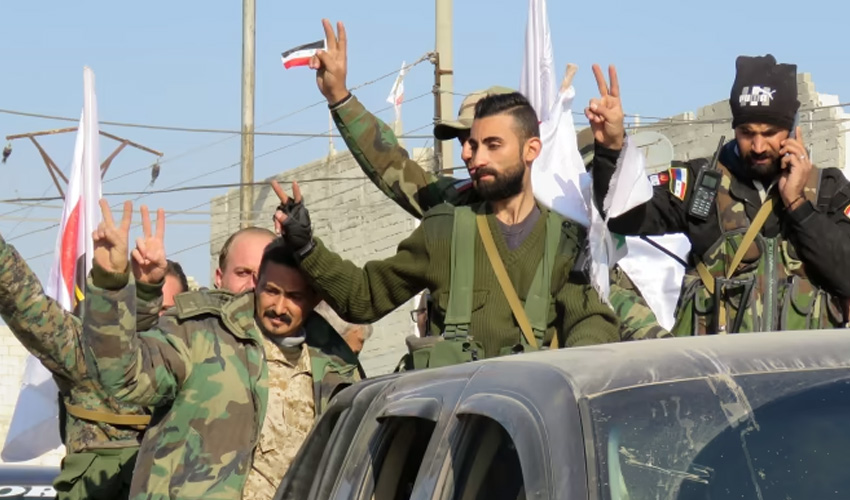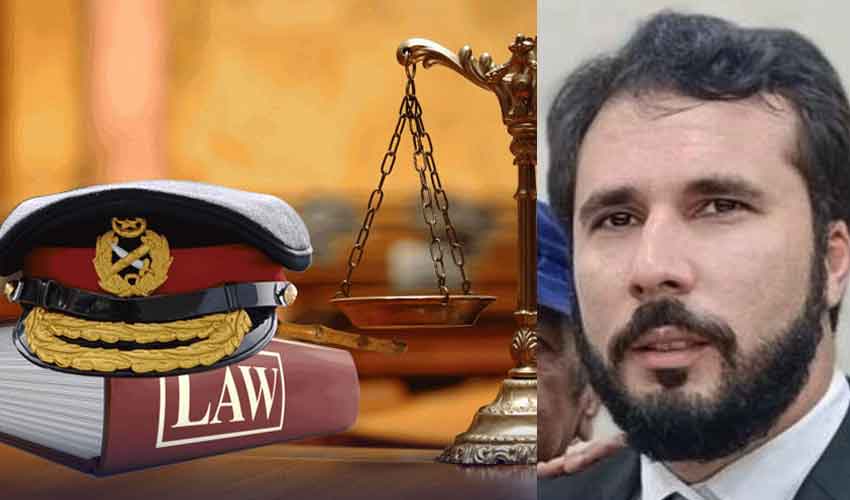In a recent statement, Russian President Vladimir Putin rebuffed claims made by the White House regarding Moscow's alleged acquisition of concerning anti-satellite weaponry.
Addressing reporters, Putin categorically denied any intentions of deploying nuclear weapons in space, asserting that Russia's space capabilities are on par with those of the United States.
The White House had raised alarms over Russia's purported possession of an anti-satellite weapon, expressing unease over its potential implications.
While refraining from confirming whether the weapon was nuclear-capable, White House national security spokesperson John Kirby stressed that such actions would violate the international Outer Space Treaty, which prohibits the deployment of weapons of mass destruction in space.
Despite assertions from Washington, Putin maintained Russia's commitment to existing international agreements, including the Outer Space Treaty. He dismissed the accusations as part of a wider "clamor" emerging from the West.
In response to the allegations, Putin highlighted Russia's efforts to foster joint cooperation in space, expressing disappointment over the lack of engagement from Western counterparts.
He reiterated that Russia had not deployed nuclear weapons in space nor undertaken actions to disrupt satellite operations.
Defense Minister Sergei Shoigu echoed Putin's sentiments, suggesting that the White House's claims could be politically motivated.
Shoigu implied that the accusations might serve to pressure Congress into supporting aid for Ukraine and encourage Moscow to re-engage in nuclear arms control talks.
While not ruling out future contacts with the United States, Putin emphasised the current obstacles posed by tensions over Ukraine. He criticised Western calls for Russia's strategic defeat while simultaneously expressing a desire for dialogue on strategic stability, highlighting the inconsistency in Western approaches.



























